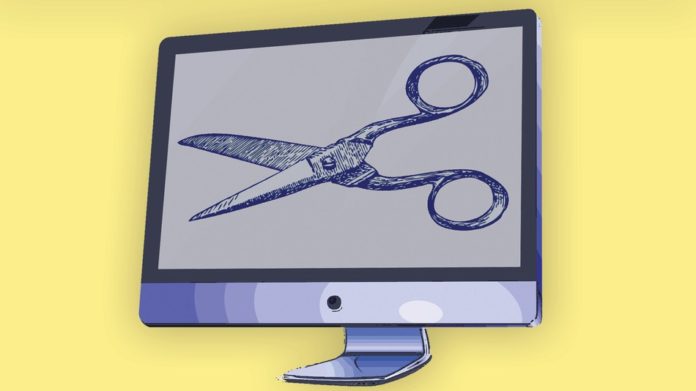‘World Vasectomy Day’ links climate change and family planning

“Let’s honor the men who have chosen to take responsibility and let them set a standard for those who have not done so. Let’s honor the men who have done what’s right … for their families and their partners and the planet,” Stein said.
Stein’s heroes? Men who get vasectomies.
Stein, a Tampa-based vasectomist, is a co-founder of World Vasectomy Day, which celebrates its second year Friday with a planned 1,500 surgeries across 30 countries. Stein himself will perform 28 vasectomies at Planned Parenthood’s Kissimmee Health Center, broadcast live via webcast (the webcast, organizers said, will be far enough away so no censorship is required).
The event may sound like an elaborate promotion for Stein’s practice, but it also comes with a not-so-subtle climate-change message: Academics have long connected the rising population with environmental harm (more people consuming fewer resources while producing more emissions), but the solutions can be seen as too touchy to get play on the policy level.
A 2008 study from Oregon State University estimated that each child born in the United States adds 9,441 metric tons to each parent’s carbon footprint, or 28 times the savings of a lifetime of recycling. Reducing unplanned pregnancies, the extension goes, would avert those emissions while also lessening the financial and health impact of the parents.
Even when voluntary family planning enters the policy discussion, the discussion frequently focuses on potential mothers, both when discussing the health benefits of reducing unplanned pregnancies and when considering solutions such as sex education and contraception distribution.
But advocates say it’s time for men to play a role, and vasectomies — where the vas deferens is shut to block the movement of sperm — are seen as the most effective strategy.
“If you look at the population movement historically, there are some egregious policies, like China’s one-child policy or some coercive policies in India [including forced sterilization],” said Taralynn Reynolds, population and sustainability organizer for the Center for Biological Diversity. “We’re talking about anything but. We want to bring men in, having them bear some of the responsibility as well.”
CBD, the wildlife-focused green group, is getting in on the event, promoting it with a series of cartoons with slogans like “Wildlife give thanks, cause I’m shooting blanks” (CBD’s population program has also made headlines for distributing condoms branded with endangered species and lines like “Don’t go bare, panthers are rare,” or “Safe intercourse saves the dwarf seahorse.”)
Stein said that lessening the population’s impact on the planet was in fact the reason he moved from his general urology practice to specializing in vasectomies.
“There are enough people out there dealing with kidney stones and general urology, and not enough who want to make vasectomies easy to get,” Stein said. “There’s no stopping me in my desire to make people more aware, whether it’s putting up billboards or doing vasectomies overseas.”
And World Vasectomy Day is a big part of his outreach message (he also boasts of raising a dozen billboards in the Tampa area). He founded the event last year with filmmaker Jonathan Stack to show how easy and painless getting snipped can be, highlighted by a “vasectomy-athon” at Australia’s Royal Institution in Adelaide. This year he’ll do the same thing with 28 surgeries, which Stein said is not an unusual number for one day (his appointments generally last 15 minutes with patient chit-chat). Some 250 doctors are expected to participate across the globe.
Whether it can inject vasectomies or other family-planning measures into grand-scale climate discussions remains to be seen, since the optics of talking about population control have generally kept it on the back burner. But organizers are hoping that they can at least change the conversation around vasectomies and make the surgery more appealing.
Paul Scott, co-founder of Plug In America, is flying to participate in the Florida events and tell the story of how, at age 22, he elected to get a vasectomy after reading The Population Bomb, the 1968 book warning of mass starvation and upheaval due to overpopulation.
“Anyone who cares about the environment needs to take a long hard look at what an individual does to the environment. You can’t live in modern society and not have an impact,” he said. “I’m the kind of person where, when I’m presented with facts, I can make a decision. I knew I didn’t want to father a child, and I knew I didn’t want to add to the population.”
- Uber Is Offering Discounts to Colorado Voters on Election Day
- Judges Skeptical NSA Spying Violates Privacy Rights
- How Tech Is Getting College Students to Turn Out for Election Day
- The NSA’s Mass-Surveillance Program Is About to Go on Trial
This article originally published at National Journal here

